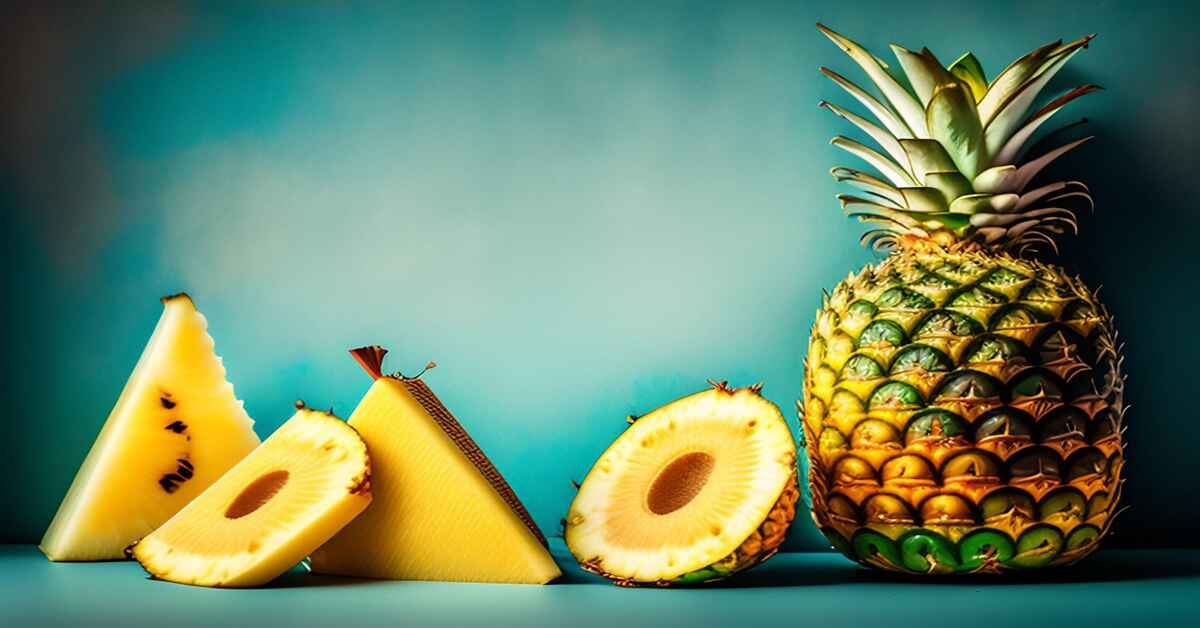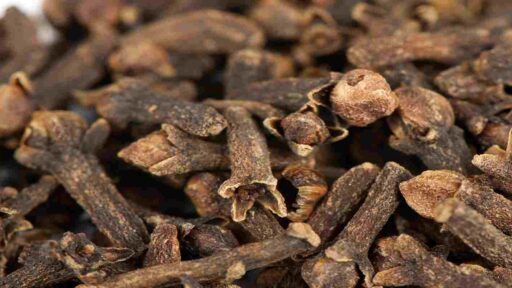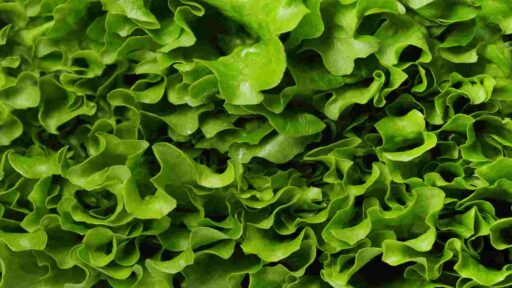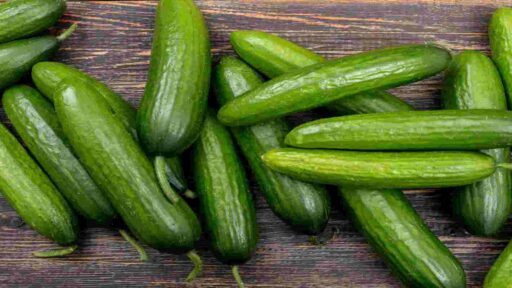Can Cat Eat Pineapple? Cats are known for their selective and carnivorous dietary habits. As obligate carnivores, their bodies are designed to primarily thrive on animal-based proteins, requiring essential nutrients like taurine that are found predominantly in meat. This specialized diet influences their preferences and nutritional needs, shaping their eating behaviors and digestive systems accordingly.
Many cat owners wonder if their feline companions can safely consume pineapple due to its distinct taste and properties.
Can Cat Eat Pineapple?
Cats are obligate carnivores, meaning their natural diet primarily consists of meat. Their evolutionary design necessitates high-quality animal protein for essential nutrients like taurine and arachidonic acid, crucial for their overall health and well-being. This carnivorous inclination heavily influences their digestive system and nutritional requirements.
Cats indeed fall under the category of obligate carnivores, signifying their biological necessity for meat-based diets. Their digestive systems lack certain enzymes necessary to efficiently break down and derive nutrients from plant matter like fruits, such as pineapple. As a result, while cats can consume small amounts of non-meat foods, their digestive limitations make it challenging to derive significant nutritional benefits from fruits like pineapple.
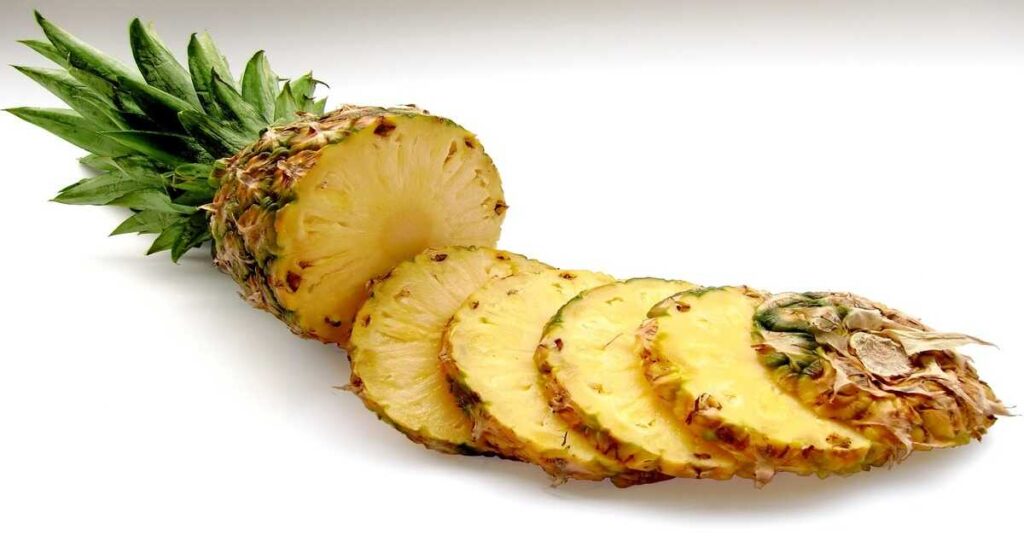
Can Cat Eat Pineapple? Potential Benefits
Pineapple holds minimal nutritional value for cats due to their carnivorous nature. It contains some Vitamin C, fiber, and trace minerals that may seem beneficial at first glance. However, cats naturally synthesize Vitamin C, and their digestive systems aren’t optimized to extract significant nutrients from plant-based sources like pineapple. As a result, while pineapple contains certain nutrients, they aren’t essential or particularly beneficial to a cat’s overall health.
Pineapple contains small amounts of vitamins and nutrients that, in theory, might seem beneficial for cats. These include Vitamin C, manganese, and dietary fiber. However, cats have different nutritional requirements compared to humans or omnivorous animals.
Their digestive systems aren’t optimized to extract substantial nutrients from plant-based sources like pineapple, and they naturally produce their Vitamin C. As a result, while pineapple contains these elements, they aren’t vital or particularly advantageous for a cat’s overall health.
Can Cat Eat Pineapple? Potential Risks or Concerns
Feeding pineapple to cats can pose several risks. The fruit contains enzymes like bromelain that may cause digestive upset in cats, leading to stomach discomfort, vomiting, or diarrhea. Moreover, the high natural sugar content in pineapple can potentially contribute to weight gain or diabetic complications in cats if consumed regularly or in large amounts. Additionally, the tough and fibrous texture of pineapple can be difficult for cats to chew and digest, leading to potential choking hazards or intestinal blockages
When cats consume pineapple, they might experience digestive issues due to the fruit’s enzymes, particularly bromelain. This enzyme could lead to stomach upset, causing symptoms like vomiting, diarrhea, or abdominal discomfort in some cats. Additionally, cats can have allergic reactions to certain fruits, including pineapple, which may manifest as skin irritation, itching, or gastrointestinal disturbances. It’s important to note that cats have limited tolerance for fruits in their diets, and introducing pineapple can potentially trigger adverse reactions or allergic responses in some individuals.
Can Cat Eat Pineapple? Feeding Guidelines

While pineapple isn’t an essential or recommended part of a cat’s diet if you’re considering introducing it:
- Consult a Veterinarian: Always seek professional advice before adding any new food to your cat’s diet. A vet can assess your cat’s health and advise on potential risks or benefits.
- Small Portions Only: Introduce pineapple in very small amounts and observe your cat for any adverse reactions or digestive issues.
- Fresh and Properly Prepared: Ensure the pineapple is fresh, ripe, and properly cleaned. Remove the tough skin and core before offering a tiny piece to your cat.
- Monitor Closely: Watch for any signs of allergies, digestive upset, or discomfort after consuming pineapple. If any issues arise, discontinue feeding pineapple immediately and consult your vet.
- Moderation is Key: Even if your cat tolerates pineapple, it should only be an occasional treat and not a regular part of their diet. Remember, a cat’s primary nutritional needs are met through high-quality cat food formulated to meet their specific requirements.
Introduce pineapple to a cat’s diet
If your vet approves introducing pineapple to your cat’s diet, moderation is crucial:
- Start Slow: Begin by offering a tiny piece of ripe, fresh pineapple. Monitor closely for any adverse reactions or digestive issues.
- Gradual Introduction: If your cat tolerates the pineapple well, continue with small portions occasionally, spaced out over time. Watch for any changes in behavior or health.
- Limit Quantity: Keep portions very small and infrequent. Pineapple should be an occasional treat, not a regular part of their diet.
- Observe for Reactions: Watch for any signs of allergies, digestive upset, or discomfort after consuming pineapple. If any issues arise, halt feeding pineapple and consult your vet immediately.
- Alternative Forms: Consider offering pineapple in different forms, such as pureed or cooked (without added sugars or spices), to make it easier for your cat to digest.
Remember, even if your cat tolerates pineapple, it shouldn’t replace their regular diet. Always prioritize a balanced and appropriate cat food that fulfills their nutritional needs.
Briefly, Can Cat Eat Pineapple?
Cats, as obligate carnivores, have a limited capacity to digest fruits like pineapple due to their primarily meat-based diet. While pineapple contains some nutrients, it’s not essential for cats and may pose risks like digestive issues, allergies, or discomfort due to enzymes like bromelain. Consulting a veterinarian before introducing pineapple (or any new food) to a cat’s diet is crucial. A vet can provide personalized guidance, assess potential risks, and recommend safe ways to introduce such foods, ensuring your cat’s health and well-being remain a top priority.
Can Cat Eat Pineapple? FAQs:
Are pineapples toxic to cats?
Pineapples themselves are not inherently toxic to cats, but certain elements within them can cause digestive issues or discomfort. Enzymes like bromelain found in pineapples may lead to stomach upset, vomiting, or diarrhea in some cats. While not toxic in the sense of being fatally harmful, the potential adverse reactions make it advisable to proceed with caution and consult a veterinarian before offering pineapple to your cat.
What does pineapple do for cats?
Pineapple doesn’t provide significant benefits for cats. While it contains trace nutrients like Vitamin C, manganese, and fiber, these aren’t essential for a cat’s health as they’re obligate carnivores with specific nutritional needs met through meat-based diets. The enzymes in pineapple, like bromelain, might cause digestive upset or discomfort in some cats. As such, pineapple doesn’t serve a significant purpose in fulfilling a cat’s nutritional requirements and is not recommended as a regular part of their diet.
What fruit can cats not eat?
Cats should avoid several fruits due to their digestive systems and dietary needs.
Generally, people do not recommend some fruits for cats, including:
- Grapes and raisins: These can cause kidney failure in cats.
- Citrus fruits (e.g., oranges, lemons, limes): The acidity can upset a cat’s stomach.
- Cherries: The pits contain cyanide, which is toxic to cats.
- Peaches and plums: The pits contain cyanide, similar to cherries.
- Avocado: Certain elements in avocado, like persin, can be toxic to cats.
Always consult a veterinarian before introducing any new food, including fruits, to your cat’s diet, as individual cats may react differently to various foods.
Can Cat Eat Pineapple From Pizza?
Feeding cats pizza, which often includes pineapple as a topping, isn’t recommended. While plain, cooked pineapple might be tolerated by some cats in small amounts, the other ingredients in pizza, such as cheese, dough, spices, and sometimes even tomato sauce, aren’t suitable for a cat’s digestive system. Additionally, the combination of these ingredients isn’t ideal for a cat’s health and can lead to digestive issues or discomfort. It’s best to avoid giving pizza, including pineapple-topped pizza, to cats altogether
What Foods Cats Cannot Eat?
There are several foods that cats should avoid due to their potential toxicity or adverse effects on their health. Some of these include:
- Onions and garlic: These can damage a cat’s red blood cells, leading to anemia.
- Chocolate and caffeine: Both contain substances toxic to cats.
- Alcohol: Even a small amount can cause intoxication and serious complications.
- Bones from fish, poultry, or cooked meat: These can splinter and cause internal injuries.
- Raw eggs and raw meat: May contain bacteria like Salmonella or E. coli.
- Dairy products: Many cats are lactose intolerant and can’t digest lactose properly.
Always consult with a veterinarian if you’re unsure about specific foods and their potential impact on your cat’s health.
Is Pineapple Toxic to Pets?
Pineapple itself is not considered toxic to most pets, including cats and dogs. However, while it’s not inherently toxic, certain elements within pineapple, like the enzyme bromelain, can cause digestive upset or discomfort in some pets if consumed in large amounts. Additionally, other parts of the pineapple, such as the skin or core, can pose choking hazards or cause obstructions in a pet’s digestive tract. It’s best to offer pineapple to pets in moderation and consult a veterinarian if there are any concerns about their diet or potential adverse reactions.

